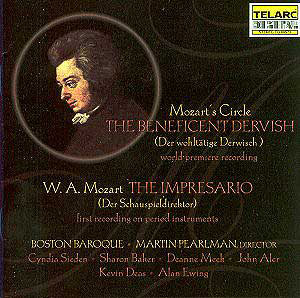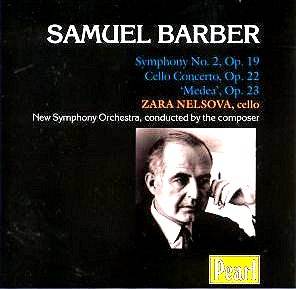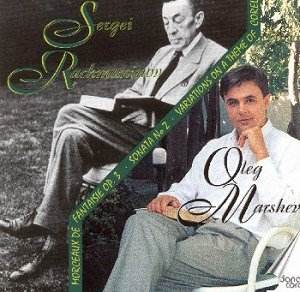 Composer: Wolfgang Amadeus Mozart
Composer: Wolfgang Amadeus Mozart
Works: Der Schauspieldirektor, K. 486; Der wohltätige Derwisch
Performers: Cynthia Sieden (soprano, 1), Sharon Baker (soprano, 1, 2), Deanne Meek (mezzo-soprano, 2), John Aler (tenor, 1, 2), Kevin Deas (baritone, 1, 2), Alan Ewing (bass, 2), Boston Baroque/Martin Pearlman
Recording: 4th – 6th March 2001, Mechanics Hall, Worcester, Massachusetts
Label: Telarc CD-80573
Wolfgang Amadeus Mozart’s oeuvre is replete with multi-faceted works that exhibit his genius at every turn, yet the lesser-known singspiel, Der Schauspieldirektor (The Impresario), stands out as a delightful interlude amidst his more celebrated masterpieces. Composed in 1786 while he was deeply engaged with Le Nozze di Figaro, this work was an exercise in theatricality that showcases not only Mozart’s compositional skills but also the vibrant cultural milieu of late 18th-century Vienna. The opera features a libretto by Johann Gottlieb Stephanie the Younger, who had previously collaborated with Mozart on the successful Die Entführung aus dem Serail. Although Mozart approached this project with a hint of reluctance, the resulting music defies his initial reservations, presenting five exquisitely crafted numbers that, in total, last just over twenty minutes yet resonate with profound charm and wit.
The Boston Baroque’s recording under the direction of Martin Pearlman provides a refreshing take on this work, utilizing period instruments that breathe new life into Mozart’s already vibrant score. The ensemble’s commitment to historically informed performance is evident in their precise tuning and natural phrasing, steering clear of the overly segmented articulations that can mar the vitality of earlier attempts at period performance. The overture, which serves as an effective prelude to the ensuing drama, is executed with clarity and energy, effectively setting the stage for the engaging interplay of the singers. Pearlman’s interpretation strikes a commendable balance between vitality and restraint, allowing the humor and character of the work to shine through without overwhelming the listener.
Cynthia Sieden’s portrayal of Madame Herz is particularly noteworthy, as she navigates the demanding vocal lines with remarkable assurance, reminiscent of her acclaimed interpretations of the Queen of the Night. Her voice exhibits a splendidly confident range, though there are moments, particularly in the more challenging passages, where the strain of the upper register becomes apparent. Sharon Baker complements Sieden well, her soprano blending beautifully in the ensemble passages and displaying a rich timbre that enhances the overall texture. John Aler’s tenor and Kevin Deas’s baritone contribute effectively to the characterizations, although the lower range of Alan Ewing’s bass lacks the richness one might expect for the role of the Dervish. Nonetheless, the performance maintains a cohesive and spirited character throughout.
The second work on this recording, Der wohltätige Derwisch, while not as well-known, offers insights into the musical atmosphere of Mozart’s contemporaries, hinting at stylistic elements that may have influenced The Magic Flute. Although the evidence linking this work directly to Mozart remains tenuous, its performance provides an intriguing exploration of the musical language circulating in the Viennese cultural sphere at the time. The orchestration is clever, particularly in its use of the piano, which emerges prominently during the Slave Women’s chorus, suggesting a possible influence on later composers, including Beethoven.
The engineering and sound quality of this recording are commendable, capturing the resonant qualities of Mechanics Hall with clarity. The balance between singers and orchestra is well-maintained, allowing the listener to appreciate both the vocal lines and the instrumental colorings that characterize Mozart’s style. The notes provided by Pearlman are insightful, placing the works within a contextual framework that enriches the listening experience.
This recording serves as an excellent entry point for those unfamiliar with Der Schauspieldirektor and offers a compelling perspective on the lesser-known Der wohltätige Derwisch. While Mozart’s stature as a composer is undoubtedly secure, this performance by Boston Baroque under Martin Pearlman illuminates facets of his artistry that deserve attention. The combination of spirited interpretation, high-quality sound engineering, and the engaging nature of the music itself makes this disc a worthwhile addition to any classical music collection, especially for those seeking to expand their understanding of Mozart’s diverse repertoire.



